by Lois Tverberg
“I am the LORD, and I will bring you out from under the burdens of the Egyptians, and I will deliver you from their bondage. I will also redeem you with an outstretched arm and with great judgments. Then I will take you for My people, and I will be your God.” (Exodus 6:6-7)
The theme of Passover is redemption, when God redeemed his people from slavery from Egypt. We miss the full implications if we don’t understand the ancient meaning of that word. If a man fell into debt and went into slavery, a kinsman would be needed to “buy” him back to freedom. But once the man was redeemed by being “purchased,” his relationship to his redeemer changed. Now he was specifically bound to his redeemer, and he became “his,” only as a close family member, not as a slave. As an example, when Boaz acted as kinsman redeemer to Ruth, she became his wife (Ruth 4:9-10).
God is using this image when He told Moses to say to His people,
`I am the LORD, and I will bring you out from under the burdens of the Egyptians, and I will deliver you from their bondage. I will also redeem you with an outstretched arm and with great judgments. `Then I will take you for My people, and I will be your God. (Exodus 6:6-7)
God is saying that He will redeem them as a kinsman would, and purchase them as His own people, forming a relationship so that they would be uniquely His, and He would be their God. This verse is recited every year at Passover to remember the relationship that God began with His people through His redemption.
Each of the four verbs God used in the promise above (bring out, deliver, redeem, and take) is related to one of the four cups of wine used in the Seder meal. The third cup of the Passover meal is called the Cup of Redemption, and was associated with God’s promise, “I will redeem you”. This is the cup that Jesus held up at the last Passover supper, and said was His blood shed to redeem us as His people, in a new covenant for the forgiveness of sins. Jesus is describing how through His atoning death, he has “purchased us”, to set us free from slavery to sin and death. By this transaction, we have been brought into a new relationship with Him as His covenantal people. His disciples understood the magnitude of Jesus’ redemptive “purchase” of us and expressed it this way:
…You were not redeemed with perishable things like silver or gold from your futile way of life inherited from your forefathers, but with precious blood, as of a lamb unblemished and spotless, the blood of Christ. (1 Pet 1:18-19)
Praise the Lord for the great purchase that He made 2000 years ago, when the cup of suffering became the cup of redemption, when He purchased us as His people. Whenever you think of His death and resurrection, remember that we are not our own, but we are His, bought with a price. That should make us eager to serve our resurrected King, Christ the Lord.

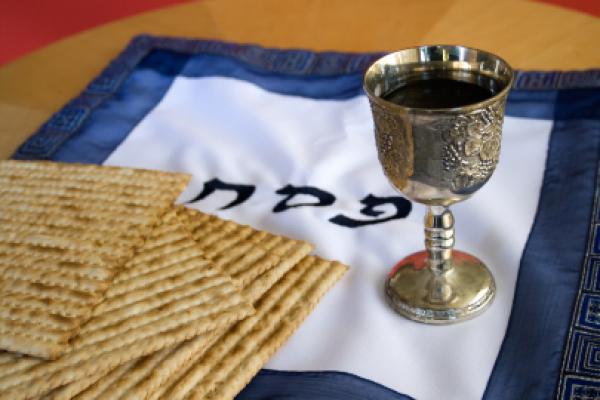
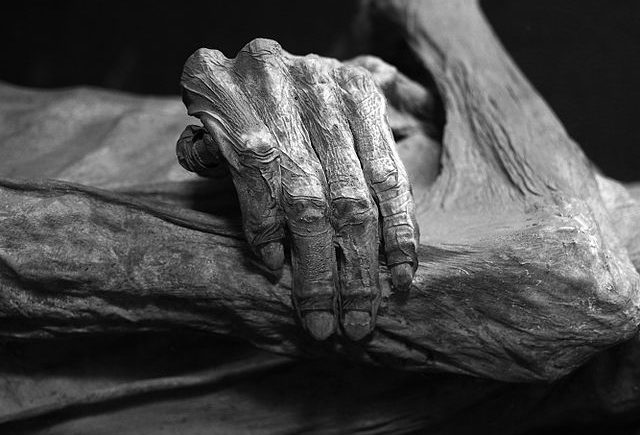
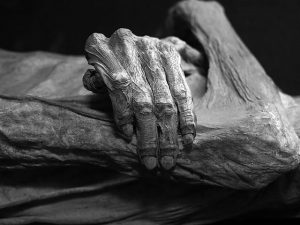 the greater story of Joseph and the family of Israel in Egypt. Joseph was the first of the family to go
the greater story of Joseph and the family of Israel in Egypt. Joseph was the first of the family to go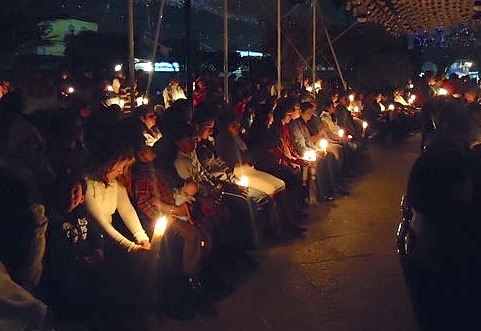
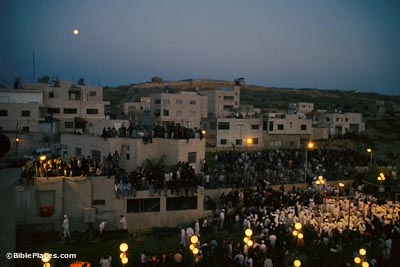
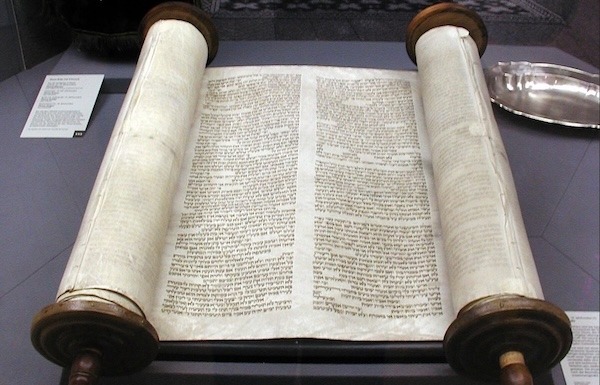


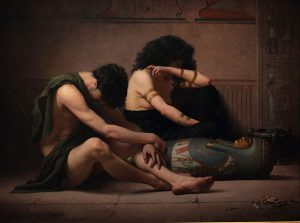 joy of the traditional Passover feast that was marred by the arguments over who was the greatest, and the ugly scene of finding out that Judas was a traitor. For Jesus, this night was one of great turmoil because he knew that it would be hours until Judas would bring the authorities to arrest him. While his disciples nodded off from plenty of wine and good food, he would sweat drops of blood waiting for his torture and execution.
joy of the traditional Passover feast that was marred by the arguments over who was the greatest, and the ugly scene of finding out that Judas was a traitor. For Jesus, this night was one of great turmoil because he knew that it would be hours until Judas would bring the authorities to arrest him. While his disciples nodded off from plenty of wine and good food, he would sweat drops of blood waiting for his torture and execution.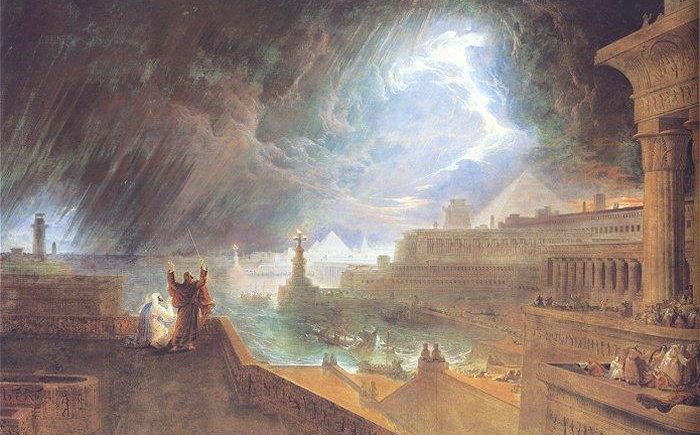
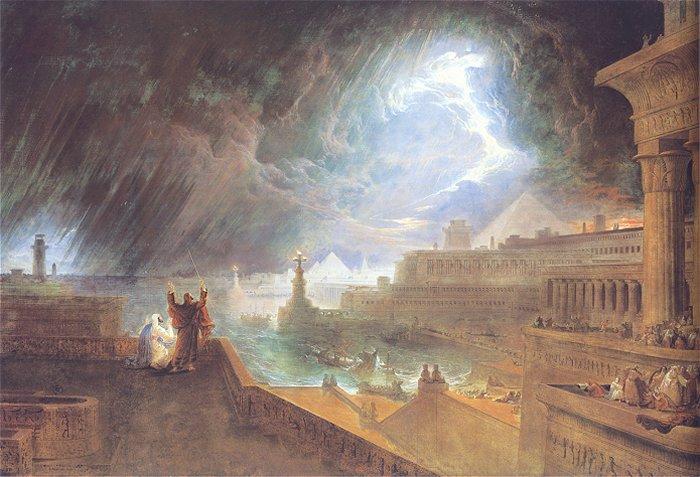
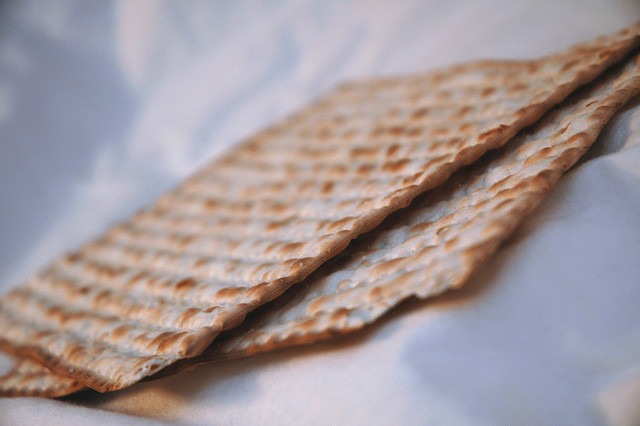
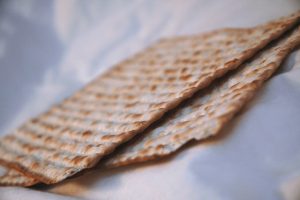 Why do they do this? Surprisingly, the Bible gives multiple explanations about the significance of eating unleavened bread. In Exodus 12:34, it says that it is to commemorate their rapid departure from Egypt, when they didn’t have time to let their bread rise. But in Deuteronomy 16:3, it is called the “bread of affliction” and it seems to be a reminder of the misery of their slavery. Or, it could be understood as a picture of eating manna in the desert for forty years. It is paradoxical that unleavened bread represents both slavery and freedom, but Jewish sources agree that it does.
Why do they do this? Surprisingly, the Bible gives multiple explanations about the significance of eating unleavened bread. In Exodus 12:34, it says that it is to commemorate their rapid departure from Egypt, when they didn’t have time to let their bread rise. But in Deuteronomy 16:3, it is called the “bread of affliction” and it seems to be a reminder of the misery of their slavery. Or, it could be understood as a picture of eating manna in the desert for forty years. It is paradoxical that unleavened bread represents both slavery and freedom, but Jewish sources agree that it does.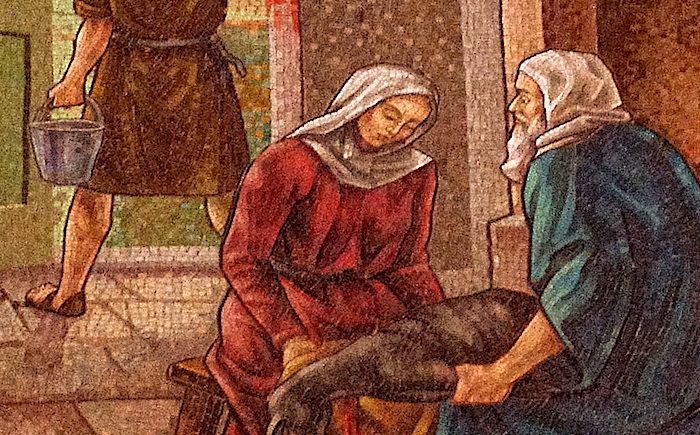
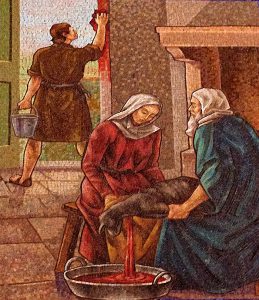
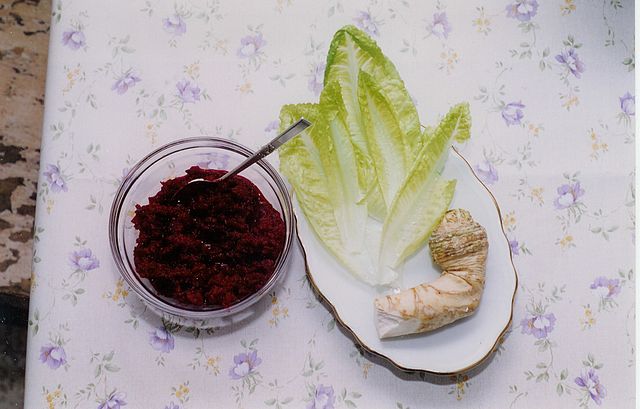
 the bitterness of slavery, and parsley dipped in salt water to remember the tears that their ancestors shed. Along with dry, unleavened bread, these items are the only foods available through the long ceremony that precedes the Passover dinner, which begins very late. As they talk about God’s redemption of people from Egypt, the people relive that hardship for just an hour while they are hungry for dinner but have only dry bread and bitter herbs to eat. Finally, they feast on a meal of wine and meat and wonderful food, reminding themselves of the joy of God’s redemption.
the bitterness of slavery, and parsley dipped in salt water to remember the tears that their ancestors shed. Along with dry, unleavened bread, these items are the only foods available through the long ceremony that precedes the Passover dinner, which begins very late. As they talk about God’s redemption of people from Egypt, the people relive that hardship for just an hour while they are hungry for dinner but have only dry bread and bitter herbs to eat. Finally, they feast on a meal of wine and meat and wonderful food, reminding themselves of the joy of God’s redemption.